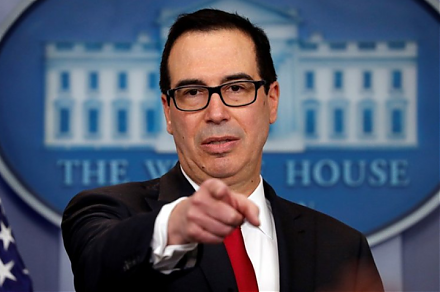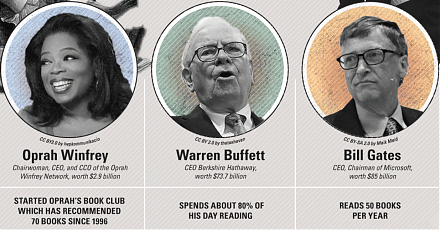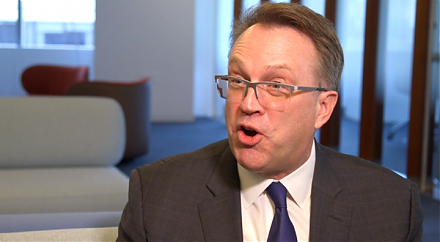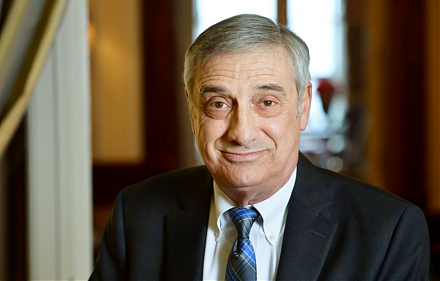

Microsoft Corporation is one of the largest broad-based technology providers in the world. The company dominates the PC software market with more than 80% of the market share for operating systems. The company's Microsoft 365 application suite is one of the most popular productivity software globally. It is also now one of the two public cloud providers that can deliver a wide variety of infrastructure-as-a-service (IaaS) and platform-as-a-service (PaaS) solutions at scale. Microsoft's products include operating systems, cross-device productivity applications, server applications, business solution applications, desktop and server management tools, software development tools and video games. The company designs and sells PCs, tablets, gaming and entertainment consoles, phones, other intelligent devices, and related accessories. Through Azure, it offers cloud-based solutions that provide customers with software, services, platforms and content....
+See MoreSharpe-Lintner-Black CAPM alpha (2.66%) Fama-French (1993) 3-factor alpha (3.55%) Fama-French-Carhart 4-factor alpha (4.33%) Fama-French (2015) 5-factor alpha (5.14%) Fama-French-Carhart 6-factor alpha (5.91%) Dynamic conditional 6-factor alpha (11.59%) Last update: Saturday 28 February 2026
2022-02-05 09:26:00 Saturday ET

Modern themes and insights in behavioral finance Shiller, R.J. (2003). From efficient markets theory to behavioral finance. Journal of Economi
2019-07-05 09:32:00 Friday ET

Warwick macroeconomic expert Roger Farmer proposes paying for social welfare programs with no tax hikes. The U.S. government pension and Medicare liabilitie
2018-10-13 10:44:00 Saturday ET

Dow Jones tumbles 3% or 831 points while NASDAQ tanks 4%, and this negative investor sentiment rips through most European and Asian stock markets in early-O
2019-11-26 11:30:00 Tuesday ET

AYA Analytica finbuzz podcast channel on YouTube November 2019 In this podcast, we discuss several topical issues as of November 2019: (1) The Trump adm
2019-02-28 12:39:00 Thursday ET

New York Fed CEO John Williams sees no need to raise the interest rate unless economic growth or inflation rises to a high gear. After raising the interest
2023-11-07 11:31:00 Tuesday ET

Joel Mokyr suggests that economic growth arises from a change in cultural beliefs toward technological progress. Joel Mokyr (2018) A culture